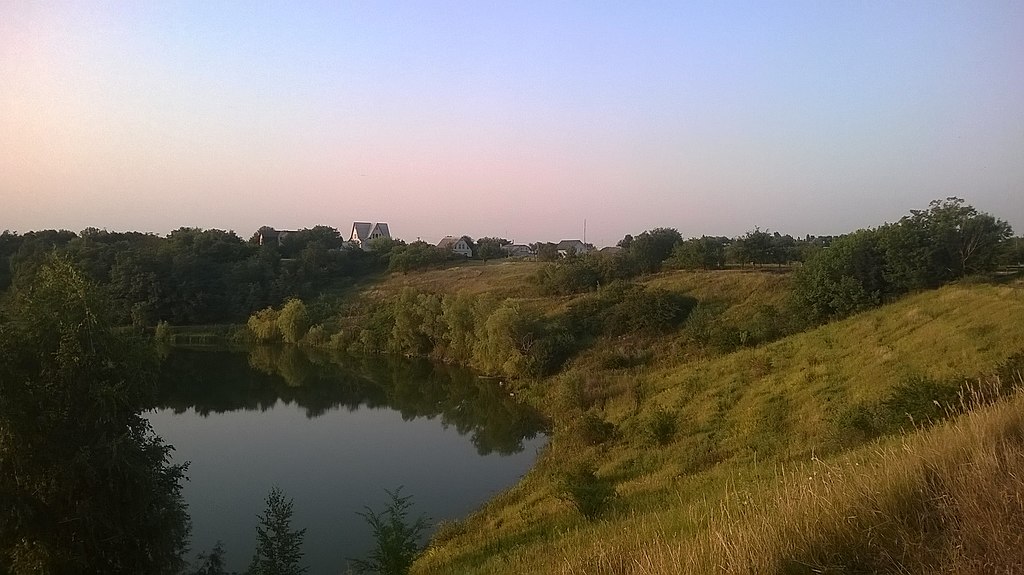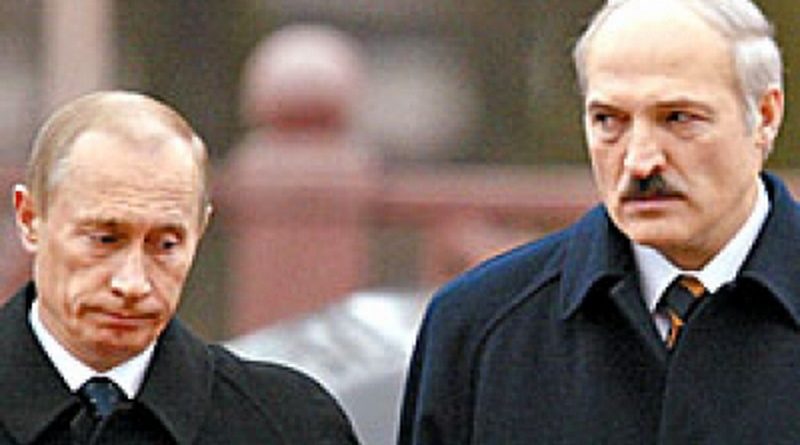Many people make the mistake of judging countries on the basis of life in the capital cities, but that is a serious mistake. One needs to get out beyond these places and see life in rural areas as well. That is what Denys Lavnikevych, a Belarusian journalist who has just moved to Kyiv, has now done.
While living in Belarus, he says, he spent a great deal of time in rural areas and small towns; but before moving to Ukraine to work as a commentator for Delovaya stolitsa, he says he had not seen the rural parts of that country except out of the window of a bus.
Now, he has had the chance to do more and what he saw, Lavnikevych says, are “two different backwoods worlds.”
At first glance, many Ukrainian villages do not look that different than most Belarusian ones. There are numerous half-destroyed wooden houses, many of which are deserted, even though the cost of purchasing any of them would be less than for a smartphone. Both seem forgotten by the authorities and probably are, except at election time.
But then you encounter in Ukraine what might be called “a backwater town of a new type,” an indication that in Ukraine “there are not just ghost villages” but something else. There you see brick homes, carefully maintained yards, and average cost cars. People are working, and they have money to spend.
“In Belarus there also are such villages,” Lavnikevych says. “They are populated as a rule by Protestants” who don’t drink and have a strong work ethic. A well-known example is Polesya’s Olshany.
“The life of a Ukrainian village is organized in a principally different way than the life of a Belarusian one,” he says. “Ten to fifteen years ago, there was practically no work in the village in Ukraine. People lived on the basis of their gardens and small farms; young people and working-age men left for the city.”
“But everything began to change with the development of agricultural business,” the journalist says. “Major agro-holdings concentrated under their administration large areas of land and launched massive export-oriented production, which has rapidly become one of the foundations of the economy of the country.”
These concerns need workers, and “they have become the largest employers in the village. Of course, today those who want to make a lot of money continue to leave to the cities, to Poland, or even further. But those who remain in their provincial area do not sit around without work.”
“In Belarus,” Lavnikevych says, “everything is different.” Kolkhozes and Sovkhozes [types of collective farms – Ed.] inherited from Soviet times continue to provide work, but wages are truly small. Private production “in the best traditions of the USSR” is prohibited, and people increasingly turn to alcoholism.
In sum, the journalist says, “the difference between rural Belarus and rural Ukraine is in the different self-assessments of the people. Both live very poorly. But in Belarus, this poverty is the conserved Soviet model where an individual does not feel himself to be the master on his own land.”
“In Ukraine,” in contrast, “the decline of the village is the result of the political and economic chaos of the last two decades. But here people know that they themselves are the masters and therefore the Ukrainian backwoods is changing by relying on its own resources. The Belarus village isn’t.”
Further Reading:
- Search Why do Ukrainians remain poor? Six hypotheses
- Ukraine will be a European country in a few decades time, but poor for many years to come – economist
- James Gwartney: Ukrainians are successful everywhere except their homeland
- Reforms in Ukraine: success or a farce?
- Poverty and slavery as the basis of separatism in Donbas
- Education reforms lead to newer, better, regional
- Russia brings only poverty
- Why Europe should support a “Marshall Plan” for Ukraine
- Why Ukraine is just like your country: the post-Euromaidan perspective
- Three years after Euromaidan, what changed in Ukraine?
- The trap we managed to escape






